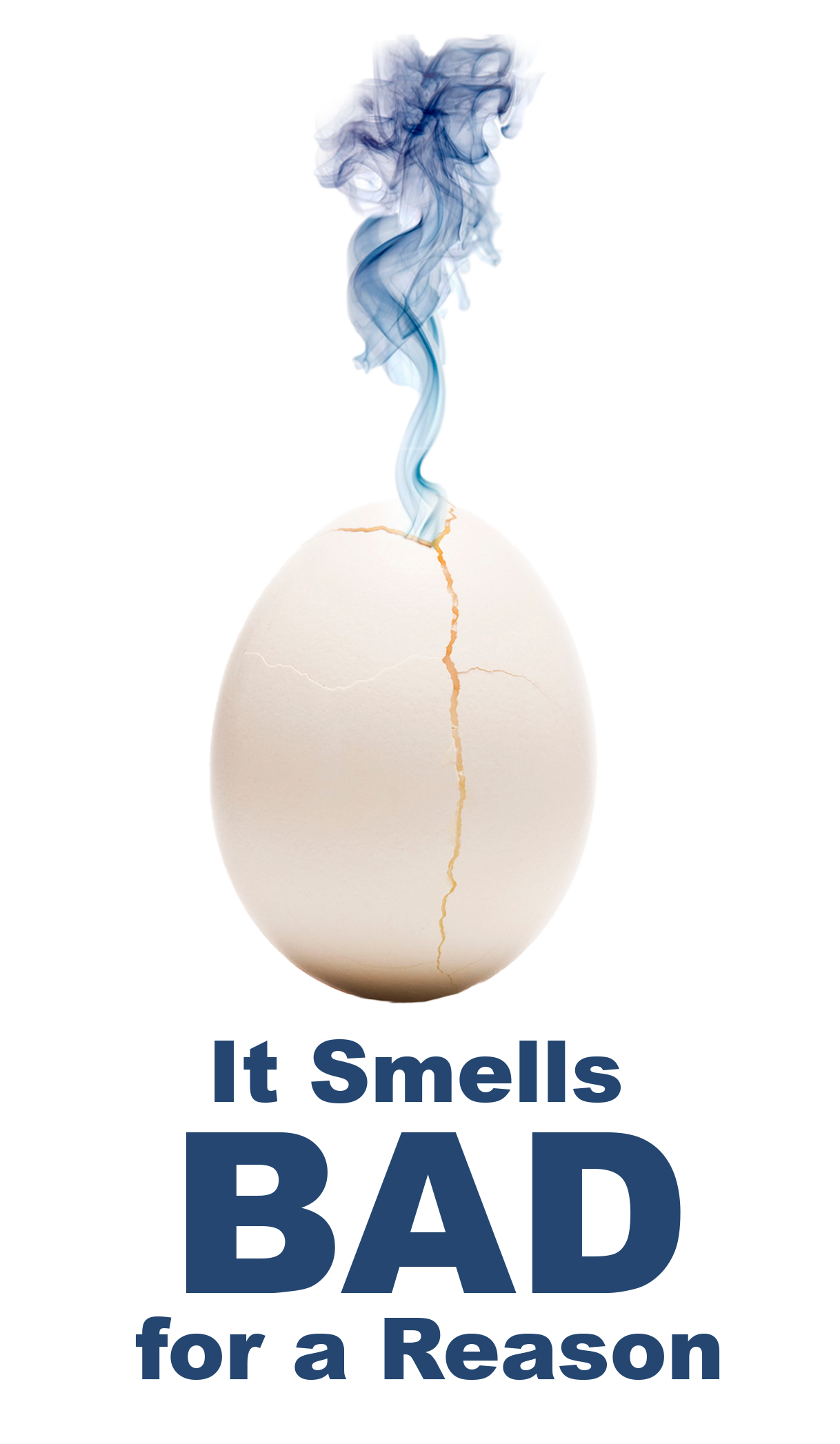Suspect a Natural Gas Leak?

How to Recognize a Natural Gas Leak
Smell – The distinctive odor of rotten eggs (You may not smell the odor if you have a diminished sense of smell, the odor is masked by other scents or it has faded.)
Look – Discolored or dead vegetation, disturbed soil or a dense mist above the pipeline
Listen – A loud and high-pitched sound
Act – If you smell or suspect a natural gas leak ...
DON'T DELAY, GET AWAY!
Evacuate everyone from the building or site immediately and then call NJNG from a safe location at 800-GAS-LEAK (427-5325). (Customers with hearing or speech impairments, dial 711 to contact the Telecommunications Relay Service.) Let us know where you are.
- Remove cigarettes or other smoking materials from the area, and then promptly extinguish them.
- Do NOT use telephones, cellular OR cordless, on the premises where the leak is suspected.
- Do NOT activate light switches, electrical appliances, flashlights, doorbells or even garage door openers as electrical appliances and devices could cause a spark.
- Do NOT re-enter the building until NJNG has declared it to be safe.
For your safety, we promptly investigate suspected natural gas leaks as a FREE service 24 hours a day, seven days a week.
Click on the egg image to download our natural gas leak safety brochure, written in both English and Spanish.
Did you know, residential methane detectors (RMD) are available to install in your home, just like smoke or carbon monoxide (CO) detectors? These simple devices can provide an early warning sign of a possible natural gas leak in your home.
- An RMD will measure the concentration of methane in your home’s air and sound an alarm once it detects a higher than normal concentration of natural gas. Be sure to read the user manual for proper installation, use and alarm patterns as they may vary by brand.
- If you, or a member of your household, are not able to smell natural gas due to a diminished sense of smell, or the odor is masked by other scents, consider purchasing an RMD.
- Should you choose to use an RMD, carefully follow the manufacturer’s instructions for installation, proper placement, use and maintenance.
- If your RMD alarm sounds, follow these steps:
-
- Do not use any phone, or operate light switches, a cigarette lighter or a garage door opener.
- Evacuate everyone from the home or building immediately.
- Call NJNG from a safe location at 800-GAS-LEAK (427-5325). (Customers with hearing or speech impairments, dial 711 to contact the Telecommunications Relay Service.)
- Please note while there are combination methane and CO detectors on the market, most CO detectors DO NOT detect methane.
Note: NJNG does not sell, install or service methane detectors. The New Jersey Division of Consumer Affairs, Consumer Products Safety Commission and Underwriters Laboratories (UL) can help you make an informed decision. Look for UL or nationally recognized testing laboratory certification on any alarm you purchase.


